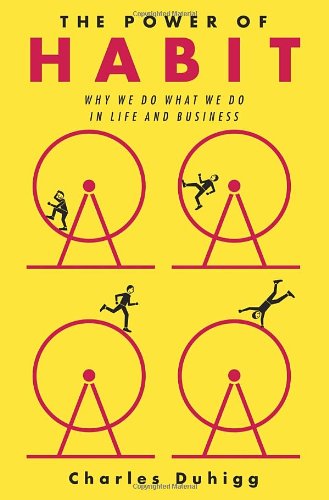Genre: Classic Fiction
Rating: 5 Soda Caps
Lolita, a well-known 1950's classic, written by Vladimir Nabokov was and still is a very controversial book. It leaves out a lot of the overtly sexual details so it's not too explicit, but the reader can only assume the extent that this "fictional" story goes to. Some people believe that Nabokov was reinventing a case from the time of a young girl who was held hostage by a man who used her for sexual acts as he carted her around from hotel to hotel.
Though perverse, I must admit this book is my absolute favorite. The outrageous affair that could never be, mixed with a drug or 2, is wrong on various levels. Regardless, this is the most precisely planned and exquisitely descriptive book I have ever read. It's chocked full of imagery, foreshadowing, psychological depth, and just the right amount of disgusting borderline cunning to make it famous for a lifetime. Every moment with this book made my heart burn for obsessive loveand the horrid monsters it can turn humans into. It reminded me
of In Cold Blood by Truman Capote in that the way Truman Capote defends one of the murderers. This is the same way Humbert sees himself. He acts as a mere victim to his temptation, little Lolita.
* Spoiler Alert *
In the first half of Lolita, Nabokov starts by giving a very drawn-out but very deep reeling of "Humbert Humbert's" before-Lolita days. The way he scopes out child-like call girls while detesting their every womanly feature, blaming his past with a girl child and human traffickers for his own falters, is exactly how I imagine a person in HH's state of being would act. Along with the violent thoughts towards Valeria and complaints of suffering through it, Nabokov created the suspense of what HH could do to others in an ironic kind of way, where the reader doesn't trust HH to tell the truth about his past.
Throughout the story, HH sees himself as sly (which is also questioned due to his state of mind) like how he thinks Lo's mother doesn't notice when he's suddenly eager to live with her because he sees Dolores (aka Lo or Lolita), "the fire of his loins". HH tells us how he plays the coy father role and - again because his perception is off - the reader can only assume Lo and her mother might notice his desires for Lo (hence, Lo's acts of "seducing" and her mother's attempts to lead him astray with marriage and religion, her extreme jealousy, and finally her invasion of his personal things). Another ti bit of the story that might have been tampered with is Lo's mother's death. HH said he had nothing to do with it - a mere timely coincidence - but there's no way of knowing for sure.
This then leads to his skillful plan - executed quite perfectly in his mind. He takes his Lolita, commits an act of unforgivable measure, and gives every excuse to persuade the reader that it was the right thing to do; all the while, he is terrified someone will find out his secret and have him locked away, far from sweet little girls. In the days of their travel, his "lover" that he says he cares so much for is extremely unhappy so he's constantly afraid that she'll run away. There's no doubt that these feelings are simply selfish even when he swears he just wants what's best for Lolita. The things that fuel his anger revolve around jealousy, losing his little slave, and Lo not obeying. She is depicted as a cure with the horrible side effect of not wanting to give up what HH so profusely desires. Despite the fact that HH presumes a father-like role in public and is perceived as protective, it isn't the sort of protection that's in Lo's best interest; her protection is merely his best interest - if you can even call what he does "protection", since he is also the abuser.
Lo's disappearance really throws HH out of sorts because he has then lost his greatest muse, the one he had strived for all his life. He had even had this revolting plan to impregnate her in order to fondle the - hopefully female - child. The reader is then entertained by his animalistic spout of incomprehensible insanity as he tries to locate his prized possession. Then, the story halts soon after, when he's given the impression that she's gone forever. For a while, he relays on a relationship with a small drunken woman for his writings. It isn't until long after HH stopped tracking her that Lo makes her location known by asking her "father" for financial aid. Quite fittingly, his first reaction is to shoot someone. The man goes into another crazed, adrenaline-fueled rampage, leaving his little girlfriend behind, and wielding a gun. The reader is then put through the suspense of wondering HH's next move. Will he shoot the girl, her lover, their possible child, or someone he hardly knows? Will he take back Lo or kidnap her first born? Who will he blame when all is said and done?
The fight that breaks out and the story behind all of it completely blew me away. Nabokov's expertise at foreshadowing and side plots is beyond clever. Even though there is an unearthing controversy to draw the reader in after all these years, the most shocking aspect of the book is the storyline, the word choice, and how realistic Mr. Humbert - the insane and cocky yet fiercely paranoid, Mr. Humbert - seems. I'd gladly read this book again and again.





